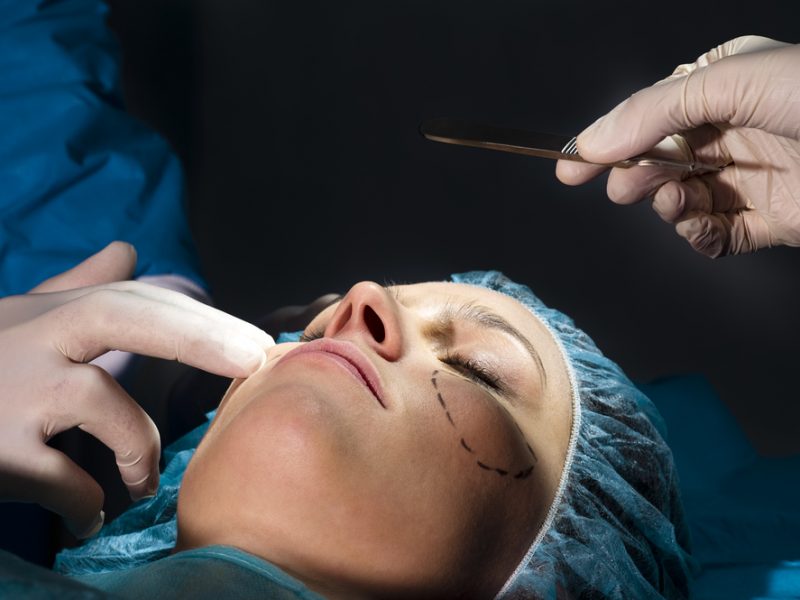In this information sheet we expalin the difference between cosmetic and plastic surgery, what you should ask your doctor before undergoing cosmetic surgery, and what to do if you have received negligent treatment during a cosmetic procedure.
What is cosmetic surgery?
Cosmetic surgery is surgery carried out with the aim of altering and improving the appearance of a body part that a person may feel insecure or uncomfortable about. It includes procedures such as breast augmentation and lifts, liposuction, tummy tucks and face lifts.
Cosmetic procedures include injectables such as fillers and Botox.
Is there a difference between cosmetic surgery and plastic surgery?
Yes, there is a significant difference. Plastic surgery aims to restore the appearance of a part of the body which has been damaged in some way – usually by an accident or trauma, major surgery, disease or a birth defect. To qualify to become a plastic surgeon, a doctor must complete another 5 years of rigorous training and study through the RACS.
Conversely, there is no such restriction on doctors carrying out cosmetic surgery. There is no requirement for further study after their initial medical training or any specialist qualification required. It is legal for any doctor to perform many cosmetic surgery procedures.
As a result, there is a prevalence of poor outcomes in cosmetic surgery, often performed by less skilful and less qualified doctors. This is particularly concerning given that Australians are injecting $350 million worth of Botox, undergoing more than 8,000 breast augmentation surgeries and 30,000 liposuction procedures per year according to the Australian Medical Association.
The growing number of complaints about complications arising out of cosmetic procedures prompted a NSW Parliamentary inquiry in November 2018. The Committee made a number of recommendations including restricting the use of the title ‘cosmetic surgeon’ and raising awareness in the community about how to find information about the level of training, qualifications, experience and accreditation of the doctors they are seeing.
What are the risks of cosmetic surgery?
Like any surgery, cosmetic surgery is not without risks, such as:
• Loss of sensation
• Infection
• Extensive scarring
• Nerve damage
• Haematoma
• Blood loss
• Complications with anaesthetic
• Appearance dissatisfaction
Generally speaking, people who smoke, who are elderly, or who are obese are at the highest risk of experiencing complications when undergoing cosmetic surgery. However, anyone can be the victim of negligent treatment during the course of cosmetic surgery.
What questions should I ask my doctor before undergoing cosmetic surgery?
There are many important things to consider before undergoing surgery of any kind. Below are some questions we recommend asking your doctor prior to having any kind of cosmetic surgery:
1. What are your qualifications?
2. Do you have any restrictions on your ability to practice?
3. Do I have any alternative options to this procedure?
4. How many times have you performed this procedure?
5. What are the risks of this procedure?
6. How often do the risks of this procedure eventuate?
7. What kind of anaesthetic will I be given and by whom? What qualifications do they have?
8. What kind of care will I need after the procedure?
What should I do if I think I might have received negligent treatment during a cosmetic procedure?
We have specialist medical negligence solicitors at The Law Office of Conrad Curry who have handled many cases involving negligently performed cosmetic surgery. We understand that this is a very sensitive area, which makes it even more important to have a solicitor you can trust.
If you think you might be a victim of negligently performed surgery, we would be pleased to speak with you in an obligation-free consultation to advise you about your options. Please click here to book an appointment or contact us on (02) 4050 0330.





